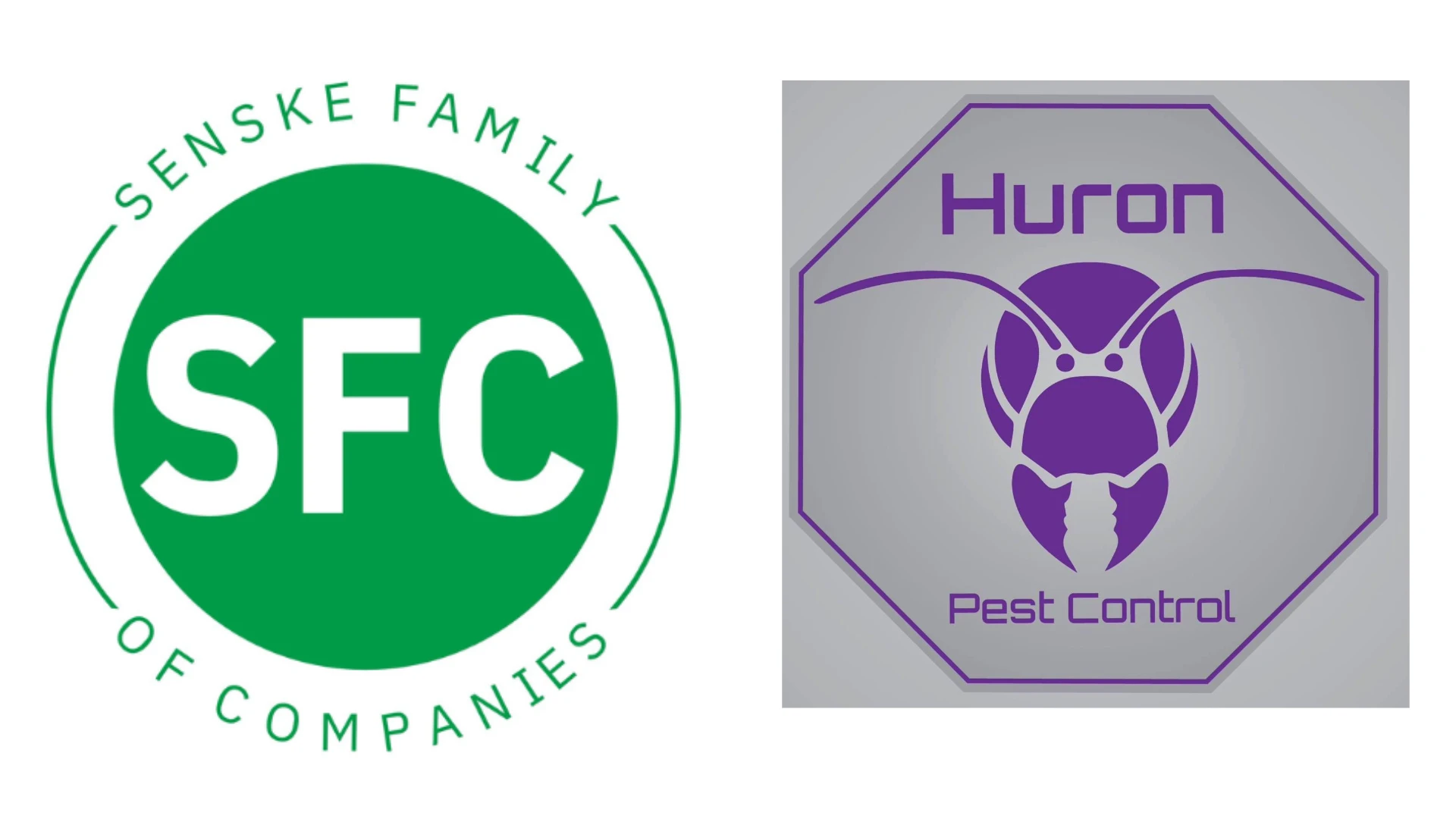 When I started Albemarle Termite & Pest Control in Elizabeth City, N.C., in 2004, I was hungry. I had high aspirations of becoming the only game in town, and I wasn’t exactly patient about getting there. I committed to the most expensive advertising, hired the best sales reps I could find and took on every residential and commercial customer regardless of their location or situation. I had worked for a large pest control company for 10 years and went into my own business with the same mindset I had held with that company.
When I started Albemarle Termite & Pest Control in Elizabeth City, N.C., in 2004, I was hungry. I had high aspirations of becoming the only game in town, and I wasn’t exactly patient about getting there. I committed to the most expensive advertising, hired the best sales reps I could find and took on every residential and commercial customer regardless of their location or situation. I had worked for a large pest control company for 10 years and went into my own business with the same mindset I had held with that company.
I found out quickly, however, that spending someone else’s money is different than spending your own! Being too aggressive — growing too fast — can be extremely detrimental to your profits. We were growing so fast that I was sinking huge amounts of cash into hiring technicians, sales staff and managers while also having to buy trucks, cars and new equipment. Payroll and fuel costs were soaring, and the small bedroom in my house that once served as our office no longer would suffice, so we built a 5,000-square-foot office building to support our growth.
Don’t get me wrong: It wasn’t all bad. Now that the company is enjoying the growth of our aggressive decisions, we can hardly call this a mistake. We’ve grown from zero to a million-dollar company over the eight years we’ve been in business, and we’re projecting another 20 percent of profitable growth in 2012. (Last year was our most profitable year to date.) We employ 14 professionals, and we’ve opened a second office in the Outer Banks to service our growing customer base in that area.
However, my point is that we should have grown the company more slowly and steadily. I realize now that new business owners need to set moderate goals for revenues, profits and number of employees. When you don’t have a well-thought-out, carefully developed strategic plan in place, it’s easy to let your growth dictate your actions. For us, even though we were building a lot of new renewable accounts — the stuff that profits are made of — nearly all the money we were making was being reinvested into the business. The bottom line was that we didn’t see significant profits for almost six years.
Another major deterrent to our profitability was my early unwillingness to delegate responsibility. When you start a business, you feel such a great sense of ownership that you tend to want to handle everything yourself. Aside from my wife’s help in managing the paperwork, I wasn’t comfortable delegating responsibilities for our entire first year of operation. Once I entrusted more of the service responsibilities to our technicians, I was able to address management issues such as marketing, team building and quality control. That helped us get onto a more promising path.
What clinched our efforts toward running a tight operation was maximizing service route output per technician. This is nothing new to seasoned operators, but when you’re just starting out, you want to get every customer you can. You learn quickly that the cost of servicing outliers can outweigh the profit. Now that we have such a great number of customers, we can be more selective about our service area and route each technician more tightly to maximize his/her productivity and minimize our fuel costs. This is great for morale, too, because technicians have the opportunity to make more money than they would by driving numerous miles between stops.
Today, having learned from our mistakes and perfected many of our processes, we’re facing the future enthusiastically. Our team is strong and we’ve made it through our growing pains. What’s ahead for us? More growth, we hope. Ultimately, we’d like to triple our current size. But at least we now know how to do it smarter and more efficiently.
As told to PCT contributor Donna Defranco.

Explore the April 2012 Issue
Check out more from this issue and find your next story to read.
Latest from Pest Control Technology
- How Did This Pest Get Its Name?
- Rose Pest Solutions Honors Top Performers with Annual Chief’s Club Awards
- Doug Foster on Termite Control Equipment, Resources
- Pest Control Consultants Acquires EcoGuard Pest Control
- Pest Index Increased 9 Percent YOY in February
- PPMA Releases 2024 Annual Report Themed 'Leveling Up Awareness, Growth and Impact'
- Good News Pest Control Acquires Walsh Pest Control
- Aruza Pest Control Appoints Justin Bellet as Chief Operating Officer





